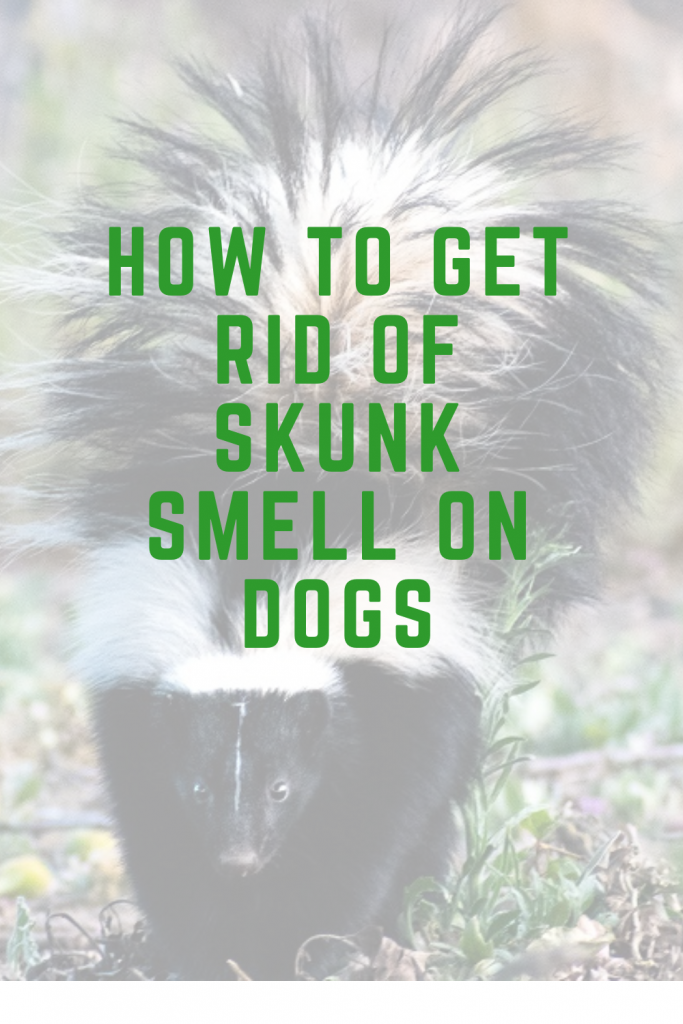Skunks are among the most common mammals in the United States, and the population is growing. Skunks will create burrows and dens on your property and dig up yards looking for grubs to eat.
Are Skunks Dangerous?
The smell of the skunk is notorious. The spray’s intensely pungent odor comes from thiol, a chemical compound mainly composed of sulfur and hydrogen.
The smell of the skunk spray is not the only concern.
Skunks are one of the main vector animals for rabies
Skunks can spread diseases like canine distemper, canine hepatitis, and leptospirosis
Skunks can introduce parasites like fleas and ticks
Are Skunks Dangerous to Dogs and Cats?
Skunks spray a potent and disgusting smell as a defense mechanism. The spray’s intensely pungent odor comes from thiol, a chemical compound mainly composed of sulfur and hydrogen.
The spray can irritate your pet’s eyes, and if ingested, it is likely that your pet will become ill. Common side effects are vomiting and diarrhea. At the first sign of illness, it is best for your pet to see a vet.
If you always thought of a skunk attack as a smelly annoyance, think again. Skunk spray contains a variety of volatile oils that bind with an animal’s skin proteins, a combination that produces an even stronger stench when exposed to water. This spray can have some severe effects on your dog’s health.
When to Take Your Dog to the Vet
Dogs sprayed by skunks need a veterinary evaluation to check for any serious side effects that might call for treatment. Your veterinarian may pay special attention to the state of your dog’s eyes, which can grow worse in the hours following a skunk attack.
Although very few dogs develop Heinz body formation from skunk attacks, your veterinarian may perform lab tests to check your pet’s blood count and evaluate its vital signs. If your dog seems at risk for the condition, it might need a blood transformation or other intravenous treatment.
How to Get Rid of Skunk Spray Odor
Amazon and Petco sell Nature’s Miracle Skunk Odor Remover, which removes the skunk odor from pets, people, and clothing. Walmart sells De-Skunk Odor Destroyer Pet Shampoo, which breaks down the sulfur from the skunk oil and removes the odor from your cat or dog’s fur.
DIY Skunk Smell Removal
But, if you have liquid dish soap, baking soda, and 3% hydrogen peroxide, you can make your own de-skunk solution.
DIY Solution
1 Quart of 3% hydrogen peroxide
¼ cup baking soda
1 tsp of liquid dish soap
Use gloves and thoroughly rub the formula on your pet’s coat to apply the solution. Next, rinse the formula, and then, use pet-friendly shampoo. Repeat these steps as needed.
Skunk Diseases
Introduce parasites like fleas and ticks to your family. Some of the most serious illnesses include leptospirosis, canine distemper, canine hepatitis, intestinal roundworm (Baylisascaris columnaris), and rabies.
Skunks and Rabies
Skunks are one of the primary carriers of rabies in North America (in addition to raccoons, foxes, and coyotes). In the north- or south-central states, skunks are the dominant rabies vectors.
Skunks do not have an aggressive predisposition, but if you have a skunk in your yard you should keep your pet’s rabies vaccination up to date.
Because skunks are nocturnal, skunks pose a greater danger to pets when it is dark outside. If you have a skunk problem, it is best to leash your pets after dusk to prevent any encounters until your skunk issue is resolved.
Skunk Control and Prevention
All in all, it is best to keep your yard skunk free by removing easy access to food and shelter. If you have a skunk problem, call a professional wildlife control operator.

